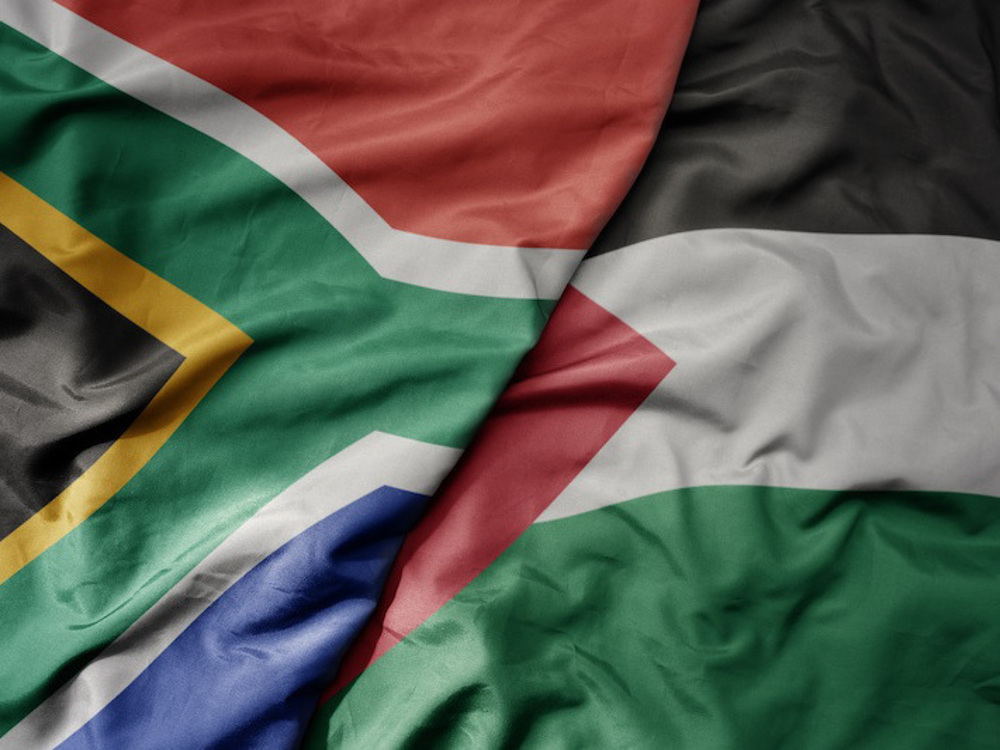Atrocities in CAR may constitute crime against humanity: UN
The UN has warned that the tremendous level of killing, mutilation, torture, rape and pillage committed by successive governments and armed groups in the Central African Republic (CAR) may constitute crime against humanity.
On Tuesday, the UN Office of the High Commissioner for Human Rights (UNHCR) issued a 368-page report based on over 1,200 confidential and open sources in an attempt to help authorities identify cases as they establish a Special Criminal Court.
CAR has been the scene of a deadly violence due to political instability since March 2003 when General Francois Bozize overthrew former president Ange-Felix Patasse in a coup. The bloodshed deteriorated in March 2013 when the mainly Muslim coalition of ex-Seleka rebels overthrew Bozize from power.
Since 2003, anti-Balaka militias have killed and tortured civilians, mutilated victims and pillaged UN and other diplomatic facilities, in so-called "cleansing operations" against Muslims in retaliation for similar abuses by mostly Muslim rebels, the report said.
The report warned that despite a successful presidential election in 2016, retaliatory violence between the ex-Seleka militia and mainly Christian anti-Balaka rebels loyal to Bozize continues to take its toll on the civilians.
Over the past two weeks alone, the clashes have killed about 300 people and displaced 100,000. The figure brings the number of internally displaced people in CAR to over 500,000.
On May 13, at least 108 people were massacred and 76 injured during an attack by several hundred fighters on Bangassou, a town near the DRC border.

Due to the constant insecurity and inefficient justice system, the perpetrators of the crimes from all sides have enjoyed near total impunity throughout the period, the report noted.
"Critical preconditions for an effective judicial process which functions in accordance with international human rights standards, are not yet in place… the rushed or ill-timed introduction of transitional justice measures ... may prove counter-productive,” the UN said.
The UN called on CAR’s Special Criminal Court to maximize the use of foreign judicial personnel and cooperate with the International Criminal Court, which has been investigating alleged war crimes and crimes against humanity since 2012.
The report suggested that a fact-finding committee document cases of violence, allow victims to tell their stories and help find underlying causes of the crisis.
Read more:
UNHCR spokesman Babar Baloch told reporters in Geneva that more funds are urgently needed to help the displaced, noting that the UN has just received six percent of the $209 million it needs to provide aid in CAR in 2017.
He also said that humanitarian access is excessively limited in many areas due to security concerns.
Iran: Syrian people will decide their future without foreign interference
IRGC says Iran’s power exceeds borders, warns enemies to adjust themselves
Dozens detained, several wounded in Israeli raids in West Bank
‘Ethnic cleansing’: Hamas blasts Israeli attacks on Gaza hospital amid intl. silence
Saudi delegation meets HTS leader at presidential palace in Damascus
Relentless Israeli ceasefire violations justify need for self-defense: Lebanese MP
Tel Aviv tells Damascus Israeli forces will remain in occupied territory: Report
Dec. 22: ‘Axis of Resistance’ operations against Israeli occupation










 This makes it easy to access the Press TV website
This makes it easy to access the Press TV website